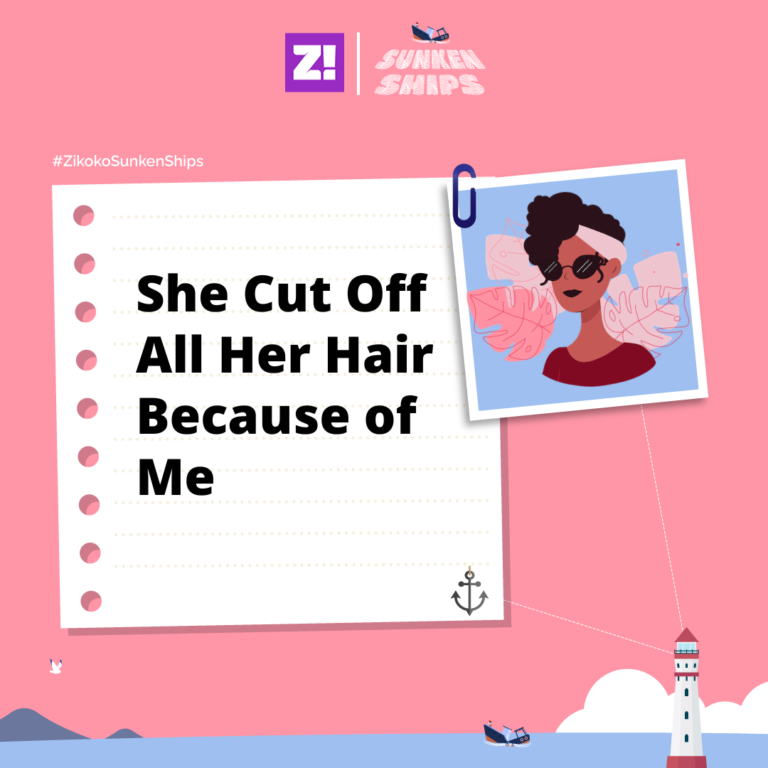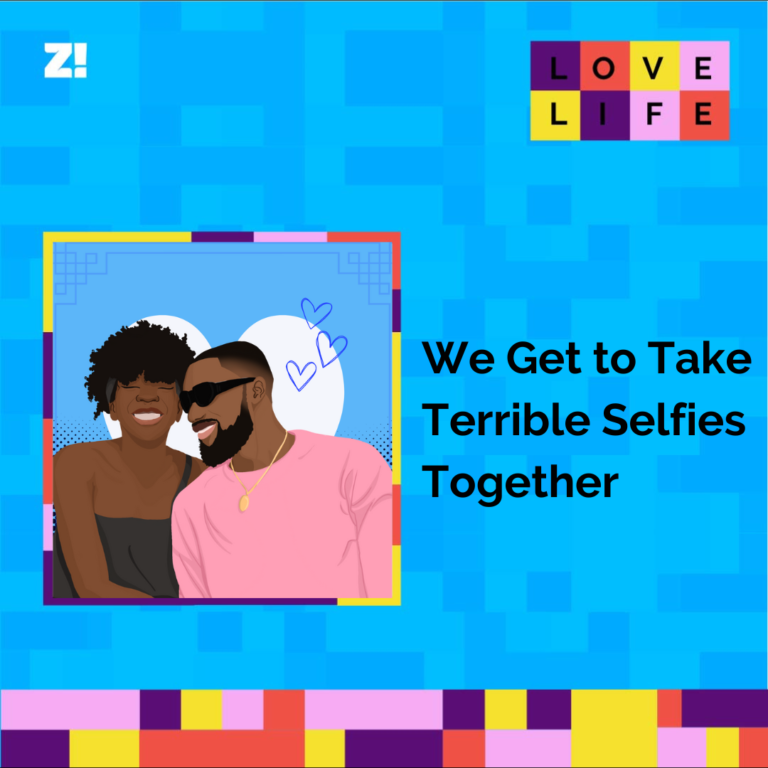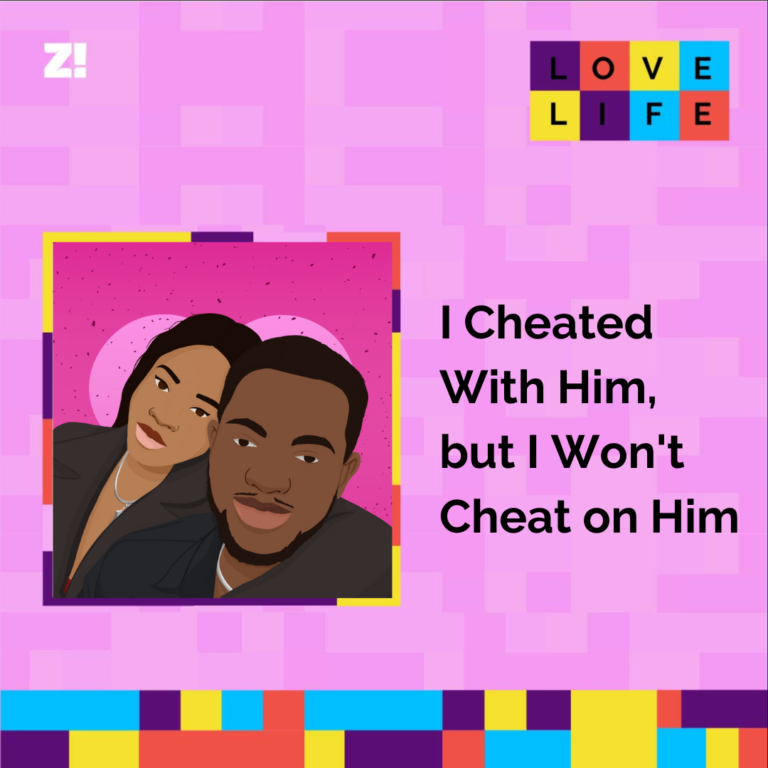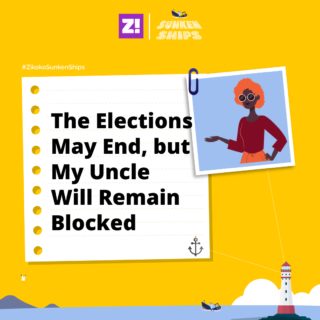September is Polycystic ovary syndrome (PCOS) awareness month, and after our interview with ten Nigerian women on what it is like living with PCOS, we interview Karina, a Nigerian woman that has had PCOS for eight years.
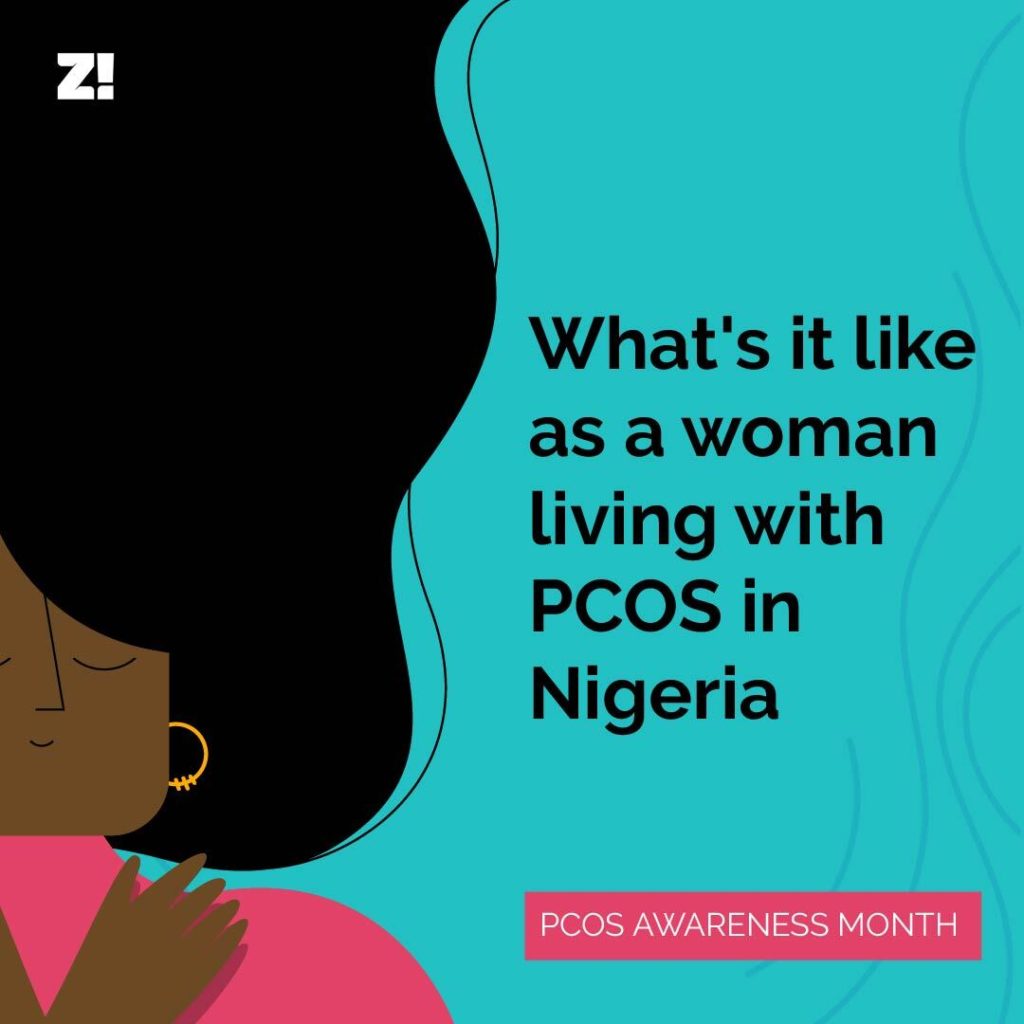
Can you tell us something about you?
My name is Karina, and I am a 26-year-old project engineer.
How did you know you needed a PCOS diagnosis?
I was doing my A levels and had had stomach issues for a few months. People kept giving excuses for my pain and I let them until one Sunday in the study room where I was in so much pain I could not move.
A levels?
Yes, I was in the UK when I got my first cyst.
Oh, okay. What happened next?
I made them take me to the hospital, and after some tests, they found an ovarian cyst.
Was that when you got the diagnosis?
No, because having a cyst doesn’t automatically mean you have PCOS so, they just counted it as a cyst. Even though the usual cyst is about 2-3 cm, the one they found in me was 8 cm.
That’s about four times the average size…
It is. The doctors told me they could cut off blood supply to the ovary or it could rupture. So, I needed surgery done.
How did the surgery go?
I did not have it.
But I thought? What changed?
The cyst was gone a day before my surgery.
Miracle?
Maybe. I do not know.
Any more cysts since then?
Yes, a year later I had a 6 cm cyst that ruptured.
Ruptured sounds so painful
Well, this was. I was awake at 5 am, just tired. So tired. That was when I actually got my first diagnosis, after the rupture. The diagnosis was polycystic ovary, ovarian cyst and hormonal imbalance.
What happened after the diagnosis?
I was put on birth control pills for a few years and then I stopped taking my meds after discussing with my gynaecologist.
Why did you stop? Were they not helping?
They were, but I was so tired of being on medication, and I felt I had no time to actually understand how my body worked or what was wrong with me. So, I stopped after talking to my gynaecologist extensively. After that, I learnt about symptoms like amenorrhea. I also found out I was at a higher risk of getting cancer.
What happened after all this discovery?
I went back on birth control.
How did birth control work the second time around?
My body took a long time to adjust. I kept gaining weight. Doctors will tell you to lose weight so you can feel better and manage this better, so you are trying to lose weight, but your body does not want the weight to leave.
That must have been a lot, considering how young you were
It is a lot for anyone honestly. It messed with my mental health so much. I felt like my body was going through trauma every day. The bleeding, pain, weight gain. It was a lot.
Is that why you decided to start raising awareness and pushing body positivity?
I was already a really big advocate for body positivity and mental health awareness, but then PCOS allowed me to intersect all of that with this condition. There is not much information out there, and the more I talked about it on social media, the more people came out to tell their story, and people got curious enough to want to get tested as well.
Have you considered pushing this to more offline spaces?
Yes, I was to start a support group and even some awareness walks with some doctors and mental health professionals, but Corona.
Why do you think there is not that much information about it?
It could be because it is considered a woman’s sickness, and society does not care much about women’s illnesses as much. There aren’t enough studies done, and no two women work the same. Maybe because women’s bodies are different, and not all the things that work for one might work for the other.
You have had treatment in two different continents, would you say there is a huge difference?
When it comes to information, what the doctors in London told me was what the doctors in Nigeria told me as well. The main difference was that I did not have to pay for birth control there because it was free. Here, I pay about 17-20k for medication that lasts about three months. Also, accessibility. Doctors that are knowledgeable about these things are not as many or easily accessible, but when you find them, they know their stuff.
How do you cope with all of it?
I see a therapist, rest as much as I can, and try to live a healthy lifestyle. I exercise, do yoga, and rest.
That seems like an expensive lifestyle, especially since you are back in Nigeria now.
It is. Pills, tests, scans alone are expensive enough as they are. I am grateful I have my parent’s support, and my sister is a doctor, so that also helps.
What advice will you give someone that just gets diagnosed with PCOS?
Take each day one at a time, try to figure out what works for you and take breaks. It might feel like this will define you, but it won’t.
Are you looking for more information about PCOS? Famasi Africa has worked on a resource, and it’s full of practical tips and essentials for Nigerian women navigating PCOS. Find it here.
For more women centered stories, click here

